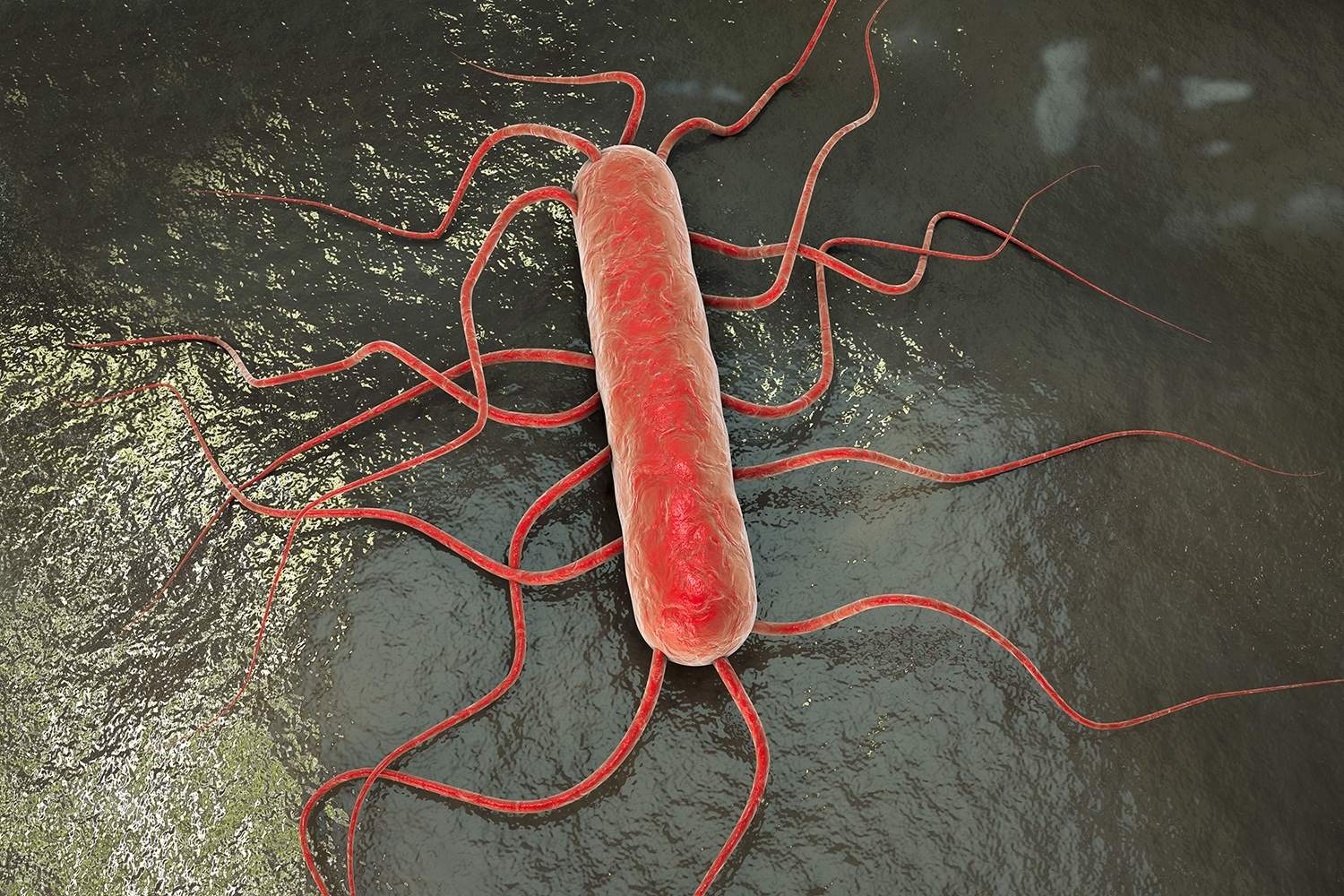
Listeria is a type of bacteria that can cause serious infections, especially in pregnant women, newborns, older adults, and people with weakened immune systems. Listeriosis, the illness caused by Listeria, can lead to severe health issues like meningitis and septicemia. Found in soil, water, and some animals, Listeria can contaminate food, making it a significant concern for food safety. Common sources include raw milk, soft cheeses, deli meats, and smoked seafood. Symptoms range from mild flu-like signs to severe complications. Preventing Listeria involves proper food handling, cooking, and storage practices. Understanding these facts can help you stay safe and healthy.
What is Listeria?
Listeria is a type of bacteria that can cause serious infections in humans. Known scientifically as Listeria monocytogenes, this pathogen is often found in contaminated food. Here are some intriguing facts about Listeria.
-
Listeria can survive in cold temperatures. Unlike many bacteria, Listeria can thrive in refrigerators. This makes it particularly tricky to control in food storage environments.
-
Listeria is named after a scientist. The bacterium was named in honor of Joseph Lister, a pioneer in antiseptic surgery.
How Does Listeria Spread?
Understanding how Listeria spreads can help in preventing infections. The bacteria are commonly found in certain foods and environments.
-
Listeria is often found in dairy products. Unpasteurized milk and cheese are common sources of Listeria contamination.
-
Ready-to-eat meats can harbor Listeria. Deli meats and hot dogs are also potential carriers of the bacteria.
-
Listeria can contaminate vegetables. Raw vegetables can become contaminated through soil or water carrying the bacteria.
Symptoms of Listeria Infection
Listeria infection, or listeriosis, can cause a range of symptoms. Knowing these symptoms can help in early diagnosis and treatment.
-
Listeriosis can cause flu-like symptoms. Fever, muscle aches, and nausea are common early signs.
-
Severe cases can lead to meningitis. In some instances, the infection can spread to the nervous system, causing meningitis or encephalitis.
-
Pregnant women are at higher risk. Listeriosis can lead to miscarriage, stillbirth, or severe infection in newborns.
Preventing Listeria Infection
Prevention is key when it comes to Listeria. Simple steps can significantly reduce the risk of infection.
-
Proper food handling is crucial. Washing hands, utensils, and food surfaces can help prevent contamination.
-
Cook foods thoroughly. Heating foods to the right temperature can kill Listeria bacteria.
-
Avoid unpasteurized products. Consuming pasteurized dairy products reduces the risk of infection.
Listeria in the Environment
Listeria is not just a foodborne pathogen; it can also be found in various environmental settings.
-
Listeria can live in soil. The bacteria can survive in soil for long periods, contaminating crops.
-
Water sources can be contaminated. Rivers, lakes, and even municipal water supplies can harbor Listeria.
-
Animals can carry Listeria. Livestock and pets can be carriers, spreading the bacteria through their feces.
Treatment for Listeria Infection
Timely treatment is essential for managing listeriosis. Antibiotics are the primary treatment method.
-
Antibiotics are effective against Listeria. Penicillin and ampicillin are commonly used to treat infections.
-
Early diagnosis improves outcomes. Prompt medical attention can prevent severe complications.
Interesting Facts About Listeria
Here are some lesser-known facts that highlight the unique characteristics of Listeria.
-
Listeria can form biofilms. These protective layers make the bacteria more resistant to cleaning and disinfecting agents.
-
Listeria has a long incubation period. Symptoms can appear anywhere from a few days to several weeks after exposure.
-
Listeria can cross the blood-brain barrier. This ability allows it to cause severe infections like meningitis.
-
Listeria is a hardy bacterium. It can survive in a wide range of environments, from soil to food processing plants.
Staying Safe from Listeria
Knowing about Listeria can help you stay safe. This bacteria can cause serious illness, especially in pregnant women, newborns, older adults, and those with weakened immune systems. Listeria is often found in contaminated food like deli meats, unpasteurized dairy products, and ready-to-eat foods. To reduce the risk, always cook meats thoroughly, avoid unpasteurized dairy, and wash fruits and vegetables well. Keep your kitchen clean, and be mindful of cross-contamination. Refrigerate leftovers promptly and consume them within a few days. If you suspect you have symptoms like fever, muscle aches, or gastrointestinal issues, seek medical attention. Being aware and taking simple precautions can make a big difference in preventing Listeria infection. Stay informed, stay safe, and enjoy your meals with peace of mind.
Was this page helpful?
Our commitment to delivering trustworthy and engaging content is at the heart of what we do. Each fact on our site is contributed by real users like you, bringing a wealth of diverse insights and information. To ensure the highest standards of accuracy and reliability, our dedicated editors meticulously review each submission. This process guarantees that the facts we share are not only fascinating but also credible. Trust in our commitment to quality and authenticity as you explore and learn with us.
